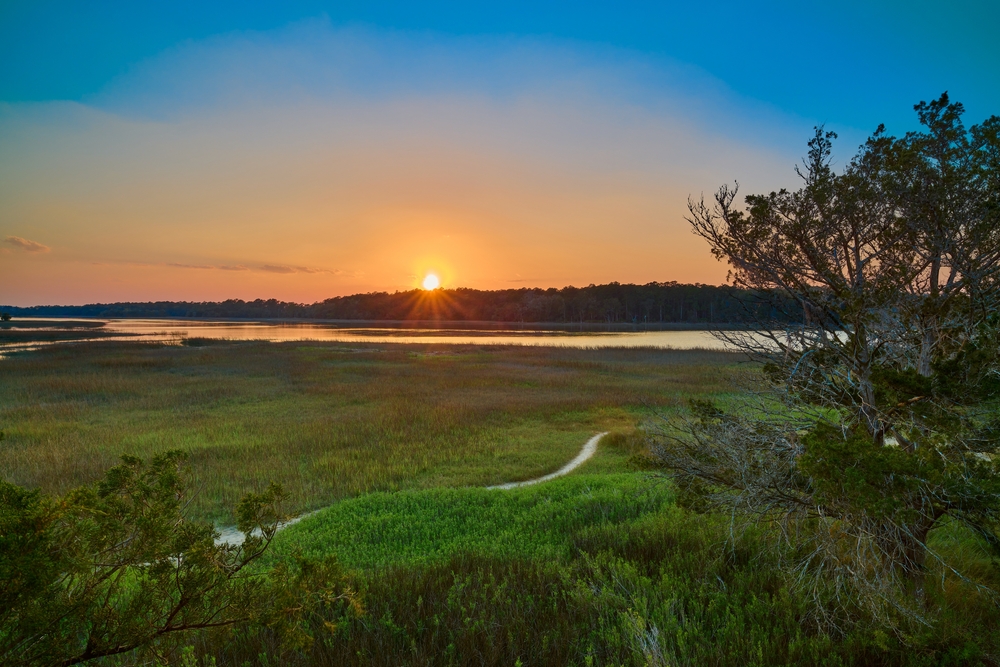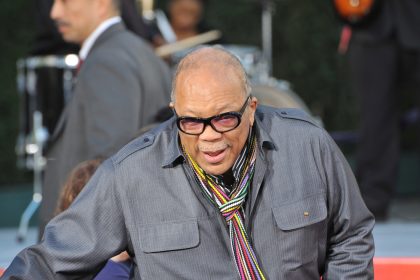Karen Dove Barr, a resident of the lavish gated community known as The Landings on Skidaway Island, reflects on the land’s cruel history. Once a haven for newly emancipated Black families, the area was part of a land distribution program famously known as 40 Acres and a Mule. However, the promise was short-lived, and the land was soon taken back and returned to former enslavers after the assassination of President Abraham Lincoln.
The broken promise of 40 acres and a mule
Historic documents reveal that at least 59 Black men and women were granted land titles on Skidaway Island, only to have them revoked as Reconstruction faltered. The land, which could have provided a foundation for wealth and prosperity for Black Americans, was instead reclaimed by white Southerners and later developed into affluent communities.
The impact of lost opportunities
The betrayal of the 40 Acres and a Mule promise not only deprived these families of a significant economic opportunity but also excluded many of their descendants from the wealth generated by subsequent developments on the land. Today, only 1% of Skidaway Island’s residents identify as Black, highlighting the lasting impact of this historical injustice.
Voices from the past and present
Among the original Black landowners was Philip Young, who received 40 acres on what is now part of The Landings. The community, initially a thriving Black colony, was dismantled after Lincoln’s successor, Andrew Johnson, returned the land to its previous owners. The story of these landowners is a poignant reminder of the systemic barriers that have long hindered African American progress in the United States.
Reflections on historical injustice
As residents like Karen Dove Barr come to terms with their community’s past, the question of reparations and recognition for the descendants of these original landowners remains open. The history of Skidaway Island is a microcosm of the larger struggles for racial justice and equity in America, reflecting the deep-seated issues that continue to affect African American communities today.

















